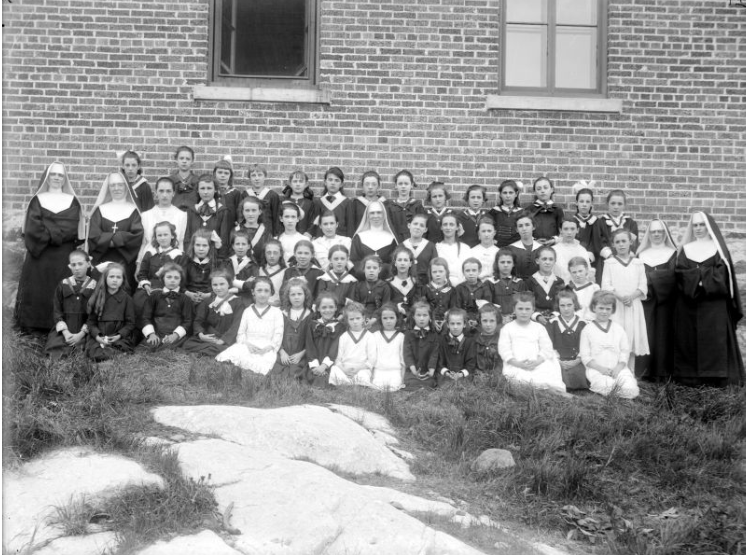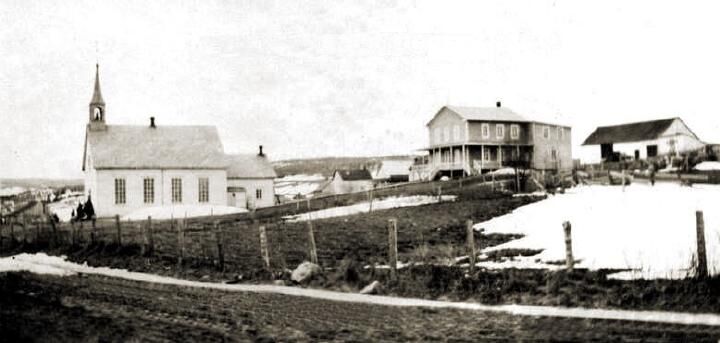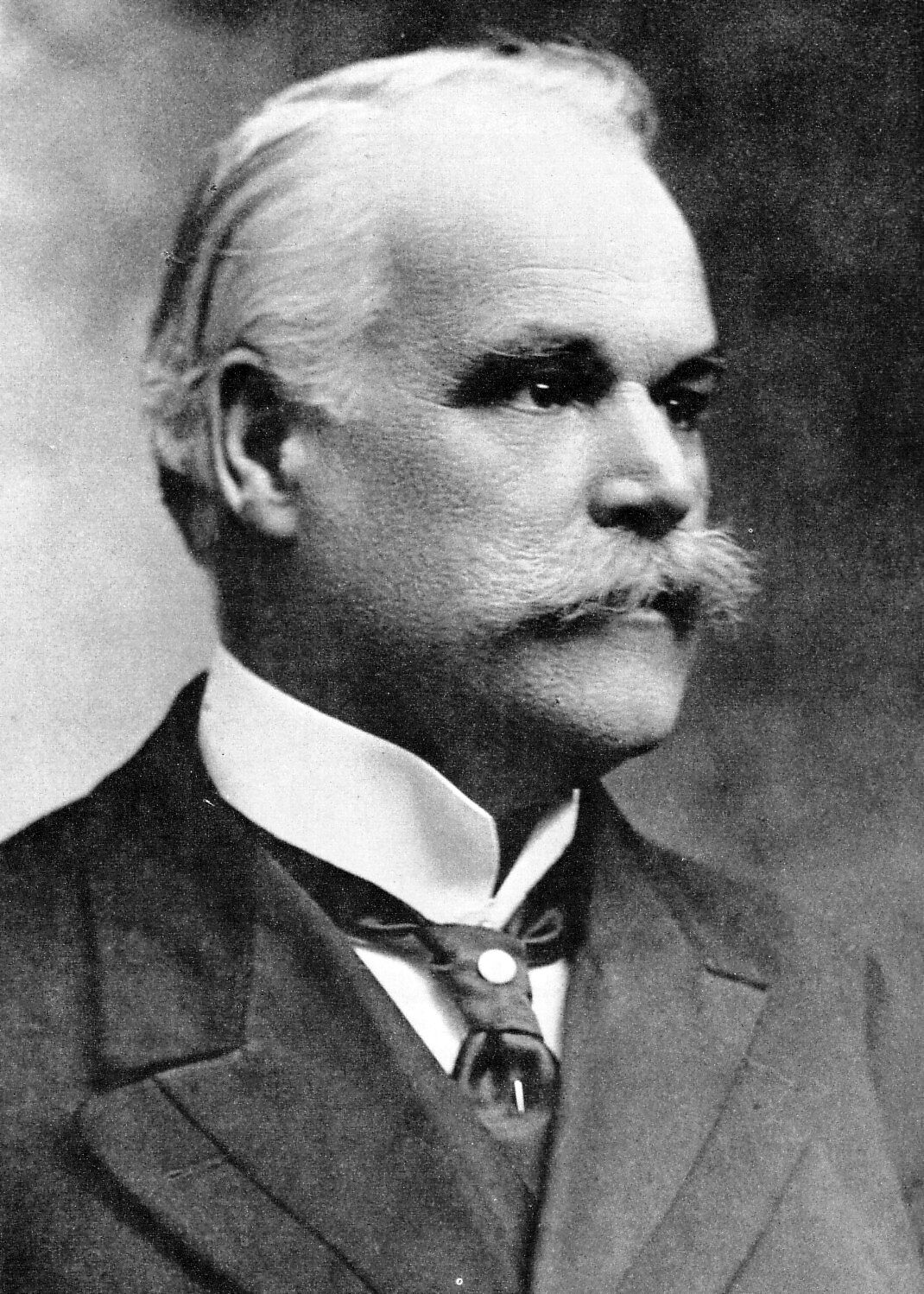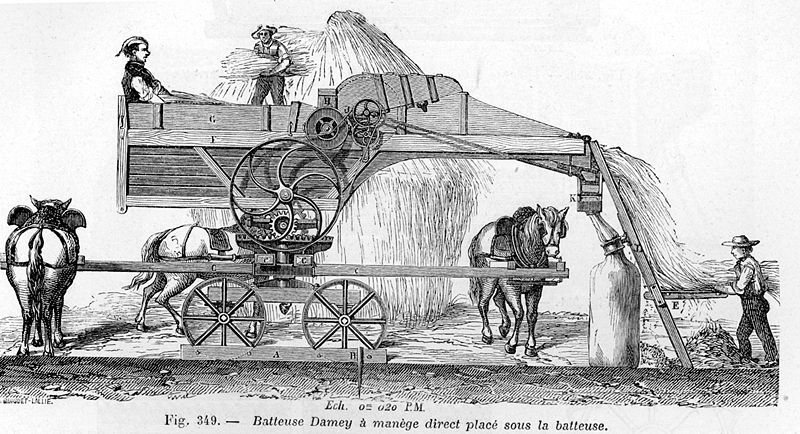In the early 20th century, the Catholic Church’s influence was still deeply rooted in French Canadian society. It had very influential social programs, including health care and education services. The Church also managed several charitable organizations to help people.

The Church also held political influence as it often worked with politicians to promote its own interests. The Church’s views were shared with the French Canadians who held Catholicism and its teachings in high regard. French Canadians lived their lives according to the Church and its values.
To strengthen its presence and influence in French Canadian society, the Church decided to increase its number of followers. The clergy relied on many of its members and volunteers to keep its services up and running.
At the time, nearly 85% of people in Quebec were Catholic and they were spread out across the territory. To reach all of its followers, the Church built new parishes and trained new priests, who were also responsible for providing education throughout the province.

In the early 20th century, the Church played an important role in promoting new types of organizations called “cooperatives”. Cooperatives were organizations in which members volunteered their time and resources to earn a shared profit. This profit was then divided up among all members of the organization.

The agricultural community was the first community to try out these organizations, since, without assistance, farmers struggled to purchase the new industrial agricultural equipment recently put on the market. Cooperatives also played a fundamental role in the industrialization of agriculture.

Because cooperatives promoted mutual assistance and the development of rural areas, the Church encouraged the creation of cooperatives in Quebec. In particular, it created the Union catholique des cultivateurs in 1924.
In the early 20th century, the economy was mostly regulated by Anglophones in Quebec, which meant they had the capital to invest in and manage factories. In line with the Church’s wishes, Francophones primarily worked as farmers and in factories.
Inspired by economic liberalism, some French Canadians broke away from the Church and its traditions. They wanted Francophones to play a more important role in the development of Quebec’s economy. They advocated for economic independence from the Anglophone community, which they felt was important for the emancipation of French Canadians.
Economic liberalism is based on a belief that the government must intervene as little as possible in the economy and trade. Free trade is a measure that abolishes anything that hinders trade, such as custom tariffs. Economic liberalism is therefore the opposite of protectionism.